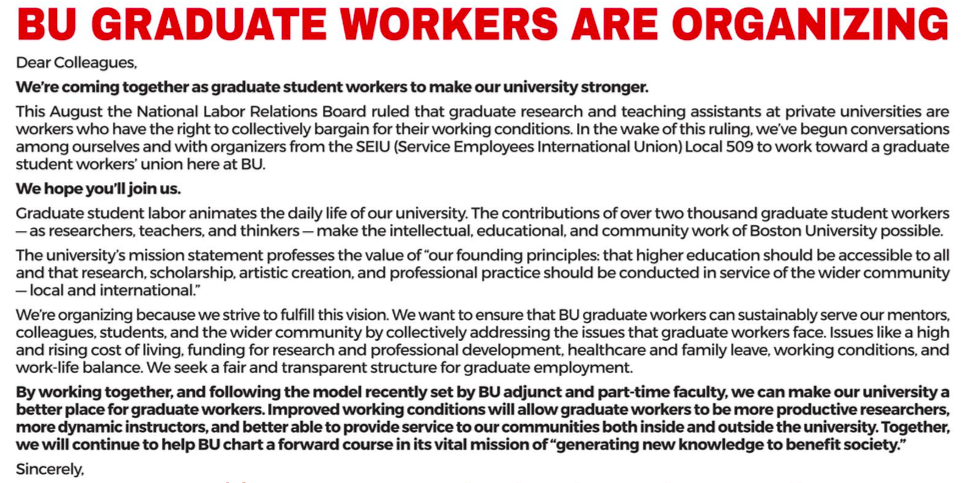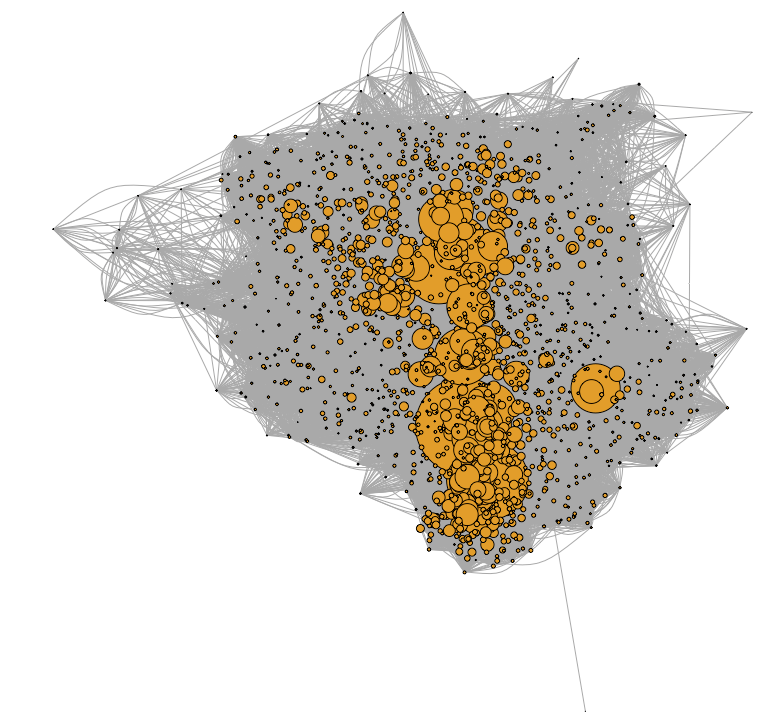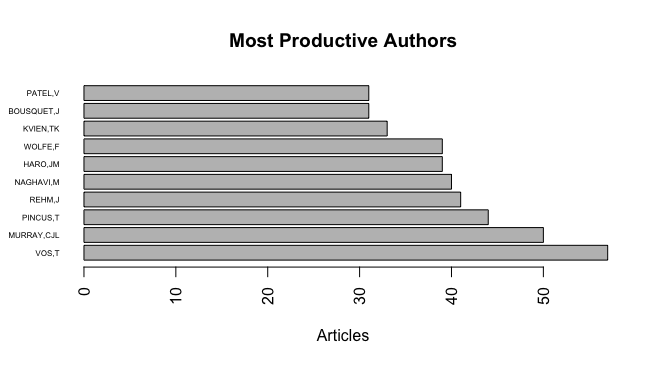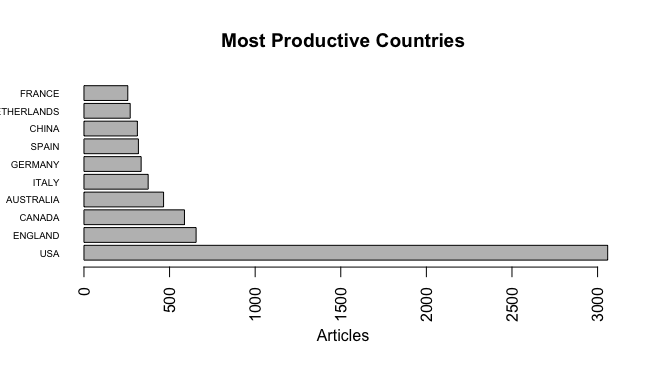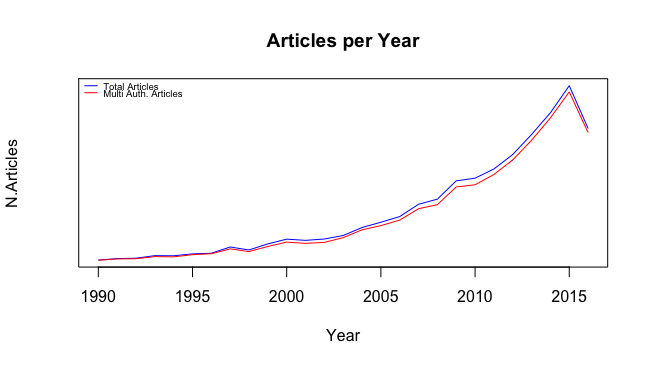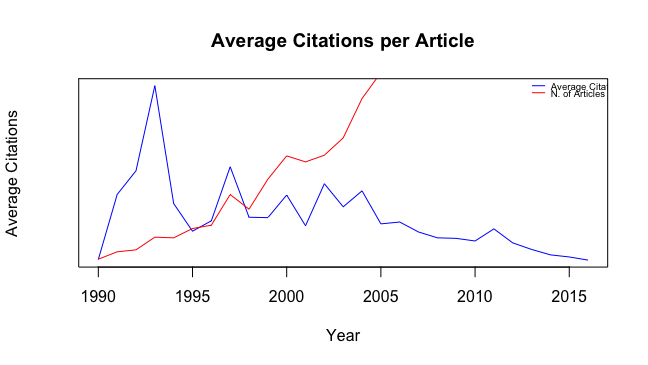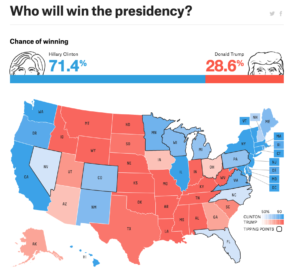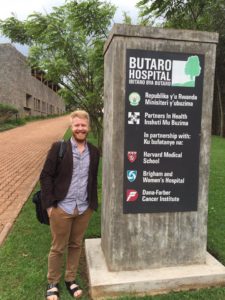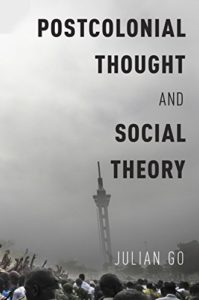 Some thoughts on: Go, Julian. Postcolonial Thought and Social Theory. New York, NY: Oxford University Press, 2016.
Some thoughts on: Go, Julian. Postcolonial Thought and Social Theory. New York, NY: Oxford University Press, 2016.
From the beginning, sociology has stylized itself as an emancipatory (or at least, progressive) social science (Burawoy, 2005). What then are we to do with the fact that the roots of sociological thought are built from ideas emanating from (if not outwardly praising) imperialism, colonialism, and domination of much of the world? This is the central question that Prof. Julian Go tries to tackle. He seeks to explore how this imperial context more precisely shaped the content of sociology and social theory— and whether it still does today. Does social theory bear the imprint of its imperial origins? Has social theory extricated itself from this earlier imperial entanglement?
This is a historical and theoretical challenge. Prof. Go spends the better part of the book tracing the classical social theory that underpins modern sociology as well as the countervailing postcolonial thought that emerged in the wake of decolonialization efforts throughout Asia and Africa. This historically grounded analysis of the actors and forces shaping social theory and postcolonial thought is based in conflict and division. Postcolonial thinking emerged as a result of the cultural and epistemological roots of social theory, and in opposition to it. Sociology largely accepts the notion that ideas are shaped by the social environments in which they are formed (Berger & Luckmann, 1966). For this reason, it is not hard to understand why the ways of knowing articulated via social theory and postcolonial thought are so radically different.
For Go, social theory is rooted in an ontology and has developed an epistemological approach that made imperialism understandable and justified. Auguste Comte first used the term “sociology” in 1839 to characterize “the social” distinct from political, economic, and religious realms. In practice though, it was a way of creating a new technical domain of elite social scientific researcher. Privileged classes have been able to use the technical understanding produced through sociology to manage threats to social order from below their ranks. Its foundational concepts were developed during the Enlightenment and rested on three central concepts: humanism, that there is a universal human nature that can be improved based on Reason; universalism, that the world is made up of basic unalterable truths that can be understood independent of space and time; and positivism, the reliance on scientific method as the best approach for understanding the world in general.
This is contrasted with postcolonial thought, which is fundamentally anti-imperial and grew out of English and literature departments at the beginning of the 1980s. Writers such as Edward Said, Gayatri Spivak, and Homi Bhabha; historians including Ranajit Guha or Dipesh Chakrabarty; and anti-colonial theorists Frantz Fanon, Aimé Césaire, Amilcar Cabral, W. E. B. Du Bois, and C. L. R. James were central to these efforts. These writers, and others, sought to articulate a worldview and cultural analysis that rejected the humanist/positivist way of knowing the world. As Go says, “Fanon saw in European humanism little else than a bourgeois narcissism projected onto the entire world— a world teeming, in the view of the Enlightenment, with ignorant hordes awaiting the salvation of European colonialism.” Because of the cultural and epistemological hold that social theory has had in the academy and society at large, postcolonial thought has been relegated to the humanities and literature departments. In fact, popular culture has, at times, paid more attention to postcolonial thinking and literature than has social science. Go writes that, “The New York Times has referred to Homi Bhabha more times than the American Sociological Review.” This enabled these thinkers, however, to direct their critiques to more than simple political domination and economic exploitation—it opened them to possibilities of emancipatory futures.
Is there an opportunity for reconciliation between these two modes of knowing? Or, does social theory need to be repealed and replaced? For Go, the opportunity comes from one other central concept of modern social theory: the notion that we must be reflexive about what we know and that our conceptions of reality are fundamentally socially constructed (Bourdieu & Wacquant, 1992). For this reason, we should be critical of the social, historical roots and political usage of social theory in modernity. If all knowledge is necessarily constructed in a situated time and place by embedded actors with concrete interests and concerns, the antagonistic nature of social theory/postcolonial thought is understandable given their roots within the dominant/dominated.
Go offers a compelling turn in search of reconciliation. By seeing the threads of social theory and postcolonial thinking as bifurcated, we necessarily occlude the nature of empire and the empirical project of understanding history and modernity. A true postcolonial social theory will need to be not solely an empirical project but also an epistemological one. It must be about “finding ways of knowing and thinking that escape the strictures of the imperial episteme.” His solution is relational sociology. Relationalism gives social theory a way of understanding the world in flux and can overcome social science’s tendency toward “analytic bifurcation, which in turn has perpetuated social theory’s persistent Orientalism, its occlusion of empire, and the repression of colonized agency from its accounts.” Field theory and actor network theory are good starting points for this new analytic and theoretic project. Subaltern ways of thinking and “southern theory” rooted in the ontologies and perspectives of people coming from marginalized positions is key.
In summary, Go’s Postcolonial Thought and Social Theory reads as a good review of the roots of two ways of knowing the world: legitimated social theory coming from elite oppressors and marginalized postcolonial thought rooted in an ontology of the “wretched of the earth.” While this book does an excellent job tracing and summarizing the core themes and history linking these two literatures, I wonder what is truly novel about this synthesis? Postcolonial relationalism linked with a subaltern standpoint seems like an important way of dissolving unnecessary bifurcations and occlusions in ways that can allow new insights into social realities, especially of the dominated. Yet, after having read the book, I am still left with the question of how, exactly, postcolonial thinking will be able to emancipate social theory from its problematic history and ontological roots.
Bourdieu, P., & Wacquant, L. J. (1992). An invitation to reflexive sociology. Chicago: University of Chicago Press.
Berger, P. L., & Luckmann, T. (1966). The social construction of reality: A treatise in the sociology of knowledge. Garden City, NY: Doubleday.
Burawoy, M. (2005). For Public Sociology 2004 Presidential Address. American Sociological Review, 70(February), 4–28. http://doi.org/10.1177/000312240507000102
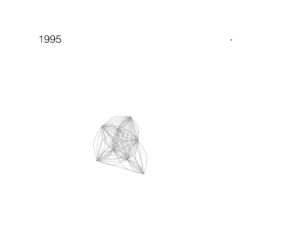
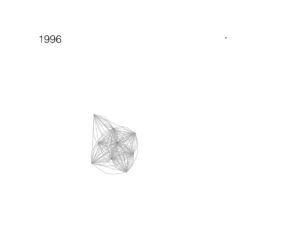
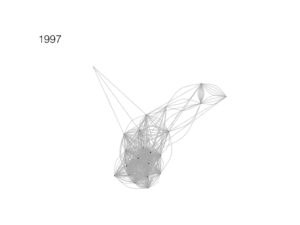
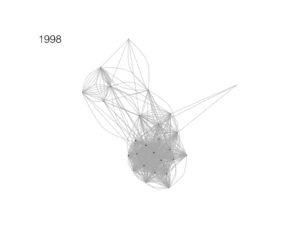
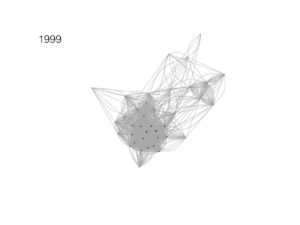
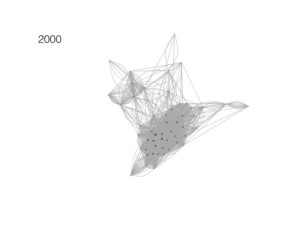
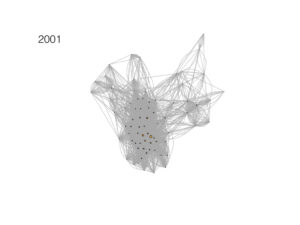

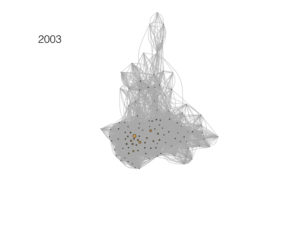
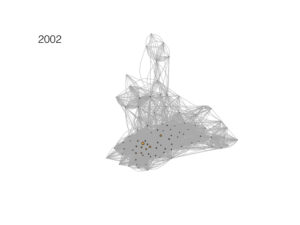
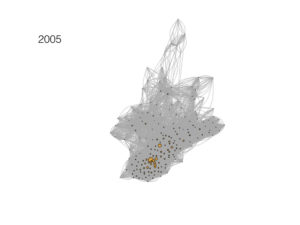
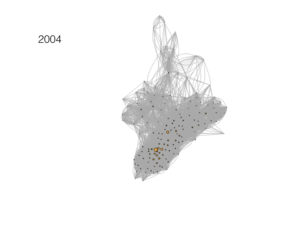
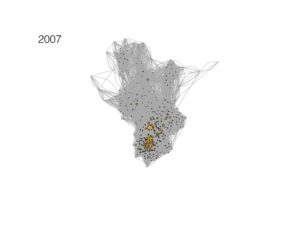
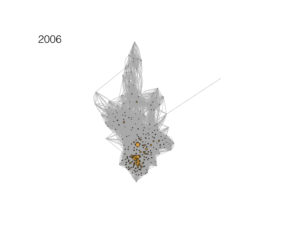
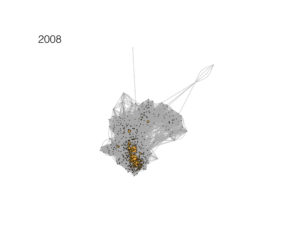
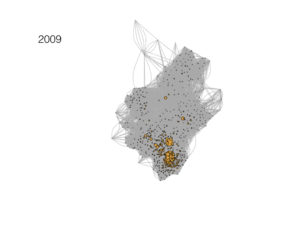
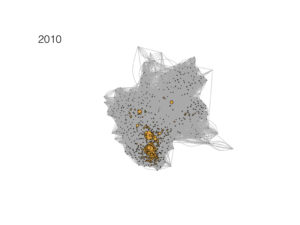
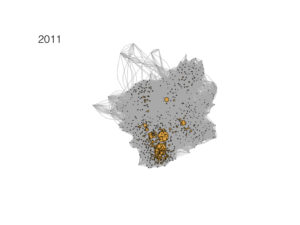
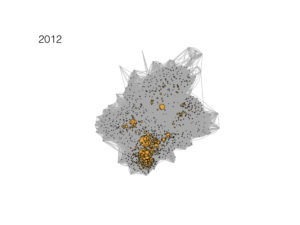
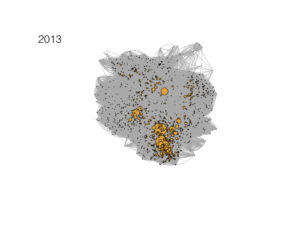
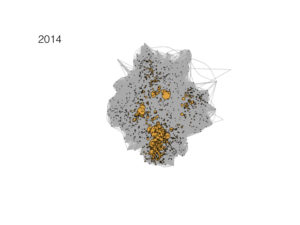
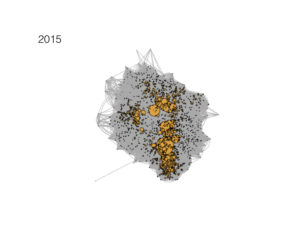
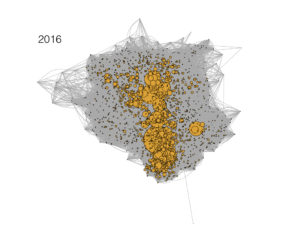
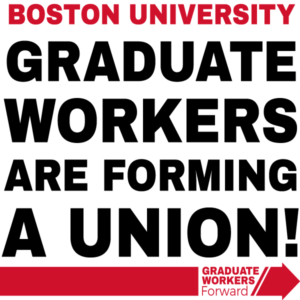 Here’s some exciting, positive news: colleagues at BU and I are launching a campaign to unionize graduate student workers at Boston University with the
Here’s some exciting, positive news: colleagues at BU and I are launching a campaign to unionize graduate student workers at Boston University with the 